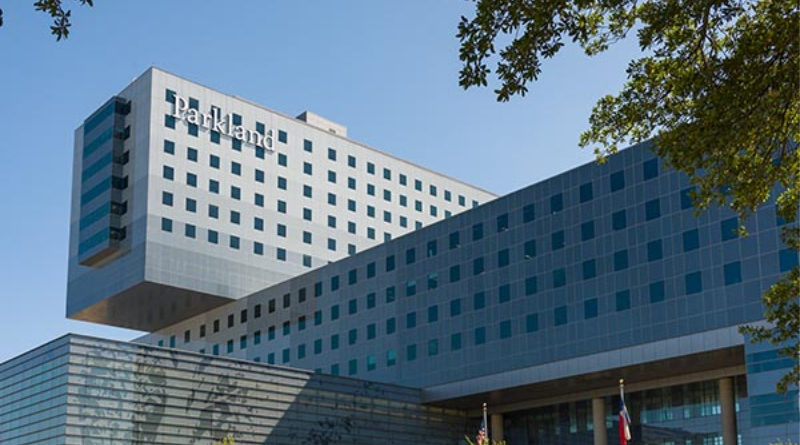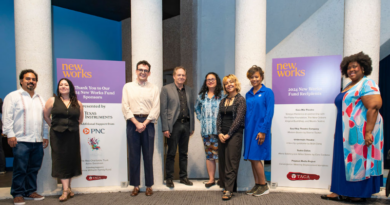Hospitals Responding to COVID-19 Pandemic
Some hospitals in the area are providing online questionnaires on their websites for those concerned they may be at risk for COVID-19 and many are restricting visitor access.
Baylor Scott and White
Baylor Scott and White is screening visitors when they enter facilities at designated points of entry with questions asking whether they’re experiencing symptoms including fever, cough, or shortness of breath, their travel history, and whether they’ve been in contact with a suspected COVID-19 patient, according to a notice online.
Baylor Scott and White is also limiting visitors to one per patient during visits, suspending entry to visitors under the age of 16, and closing waiting rooms to large groups.
Hospital officials are also encouraging patients experiencing flu-like symptoms to take their COVID-19 questionnaire before scheduling an appointment or walking in to a clinic, urgent care, or hospital emergency facility.
Medical City
Medical City also provides an online screening assessment and, beginning March 19, Medical City Healthcare hospitals won’t allow visitors with the exception of those deemed necessary to the patient care, according to an announcement online.
Visitors deemed necessary to the patient’s care include:
- 1-2 parents or guardians for pediatric and neonatal intensive care unit (NICU) patients
- 1 support person for labor and delivery patients
- 1 support person for patients with disabilities or impairments warranting assistance
- 1 support person/driver for patients in outpatient surgery
- 1 support person for critically ill patients who may be at end of life
Visitors must be over 16, meet screening criteria, and receive an armband prior to entering the facility, according to the announcement.
Parkland Health and Hospital System
Parkland Health and Hospital System is limiting patients to one visitor.
Parkland also began offering limited drive-through COVID-19 testing March 16.
The drive-through testing is available by appointment for current Parkland patients who meet medically necessary criteria with a Parkland physician’s order.
Parkland patients can contact the COVID-19 Patient Line at 214-590-8060.
Parkland officials hope to expand capacity for the service in the future but aren’t taking unscheduled, drop-in appointments at this time.
Officials also ask that people not come to the emergency room or urgent care emergency center for a testing appointment.
Texas Health Resources
Texas Health Resources offers a 24-7 coronavirus hotline at 682-236-7601 and is similarly restricting and screening visitors.
Texas Health Resources is limiting access to specific entryways and the emergency department and restricting visitors.
Texas Health Resources is limiting patients to one visitor, asking visitors questions about their health before they enter the facility, and asking that visitors wear a wristband during their visit.
Texas Health Resources also asks that people call ahead before going to the emergency department or to appointments if they’re experiencing symptoms like a fever or cough, traveled to a high-risk area as defined by the Centers for Disease Control, or been around someone diagnosed with COVID-19 or awaiting test results.
Methodist Health System
Methodist Health System is also limiting patients to two visitors and not allowing those under 18 to visit.
Methodist Health System also asks those experiencing symptoms like fever, cough, body aches, eye infection, nausea, or who’ve been exposed to someone experiencing those symptoms or those receiving medical care for the flu in the past seven days not to visit.
JPS
JPS Health Network is also limiting patients to one visitor with limited exceptions and is not allowing those under 18, those with symptoms, or those who’ve recently traveled to a high-risk country as designated by the CDC to visit.
JPS is also asking people a series of questions designed to identify those who may have been exposed to COVID-19, according to their website.
Governor Greg Abbott said during a March 18 news conference that potential back-up plans if hospitals near capacity include pop-up medical tents and opening recently-closed hospitals. Abbott added that he’s identified hotels that could be used if needed for people who need to be isolated, but don’t require hospitalization.









